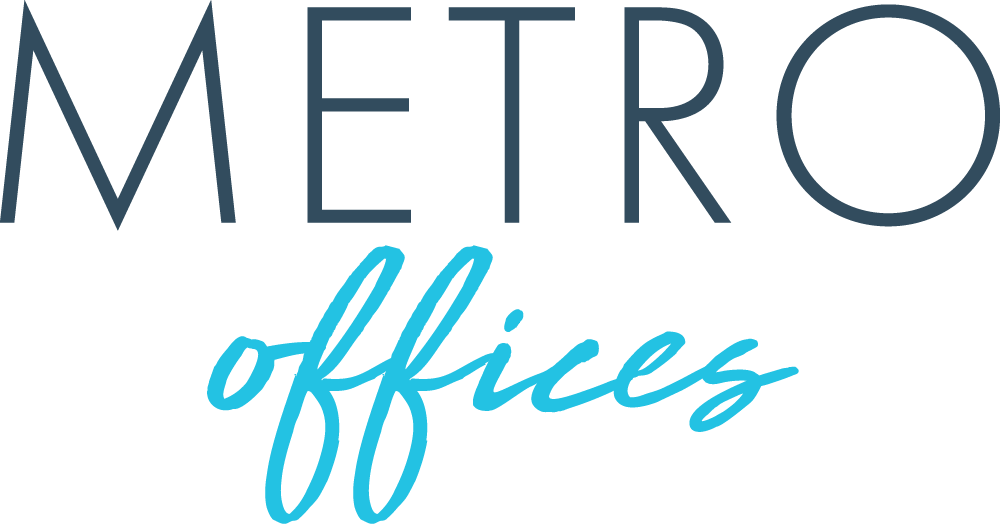Recent Posts
- How Virtual Office Space Supports Work-Life Balance for Professionals
- Why Flexible Office Spaces in DC Are the Best Investment for Growing Businesses
- Essential Features to Look for in a Virtual Office Space Provider
- Why Businesses Are Switching to Virtual Offices in 2025
- What Is a Virtual Office Address and How Can It Benefit Your Business?
Categories
- Boost Productivity With Private Offices (15)
- Engage and Empower Your Remote Employees (14)
- Escape Distractions: Rent a Private Office! (5)
- Grow Your Business and Network as an Entrepreneur (30)
- Host Impressive Virtual Events in Our Office Spaces (25)
- Level up Your Business as a Solopreneur (16)
- Maximize Productivity in Your Office Space (1,178)
- Startup (10)
- Unlock Productivity Secrets Now! (1)
- Unlock Your Productivity Potential (21)
- Wellness (31)
- Workspaces (40)
NEED HELP?
Review
451 reviews ★ 4.9 average







